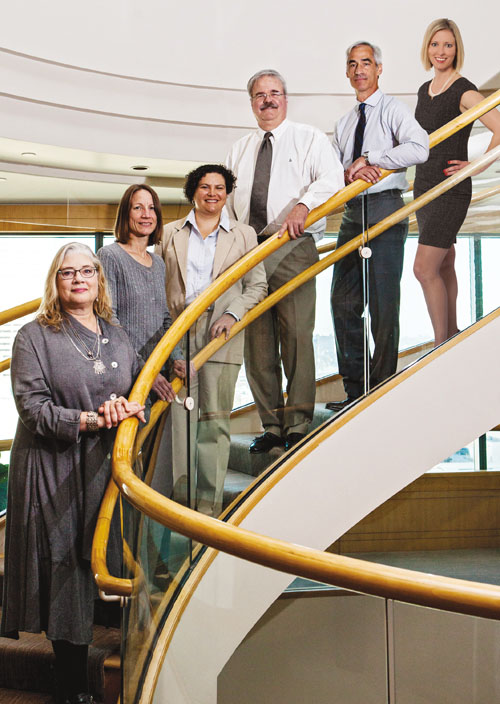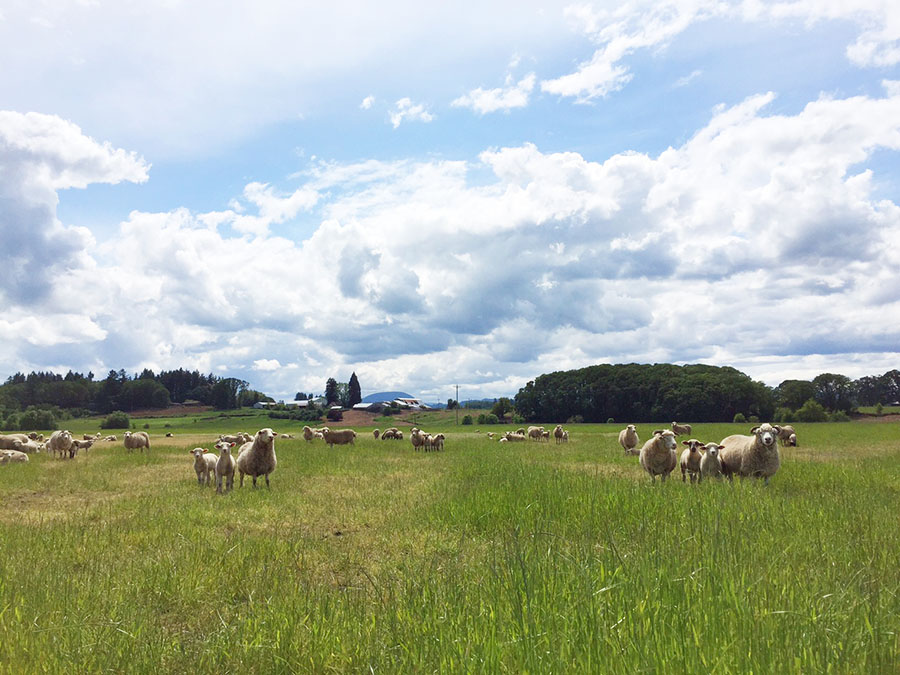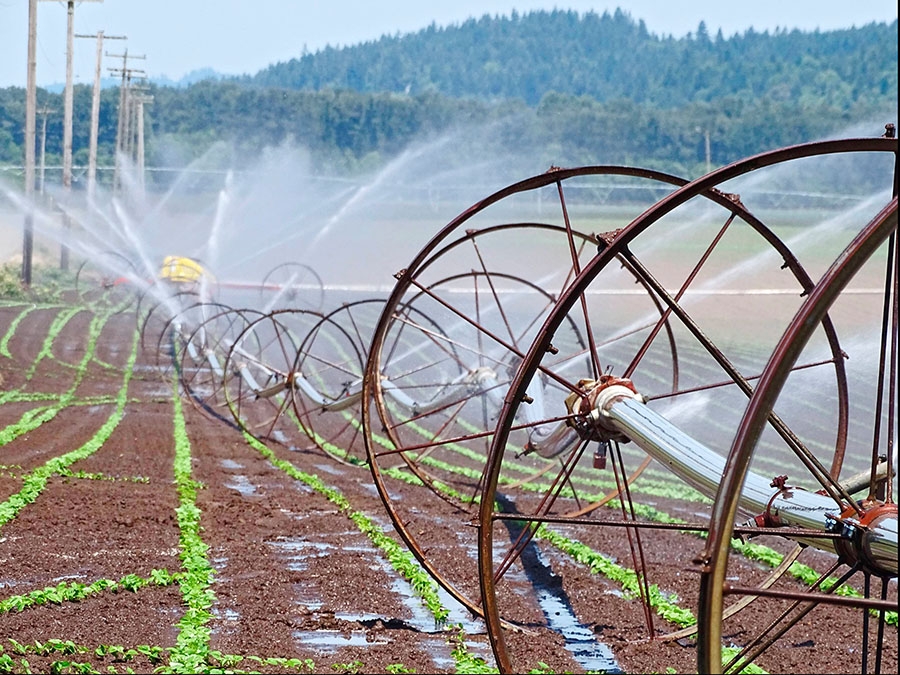BY ERIN J. BERNARD
Farmland LP grows its vision for organic farming in Oregon.
BY ERIN J. BERNARD
Farmland LP grows its vision for organic farming in Oregon
Water and soil have always been the Willamette Valley’s most precious resources. Hundreds of years ago, the valley’s rich earth was regularly nourished by flooding. Roaming herds of large animals worked over the land and fertilized the soil naturally, and even periodic wildfires contributed benefits to the ecosystem. But flood control dams, urban development, fire suppression, large-scale industrial farming and a now-shifting climate have upended these long-established patterns, and soil health has deteriorated. How to turn back the clock? Let the land lead, suggests Jason Bradford, managing partner of Farmland LP., and re-create nature’s cycles wherever and however you can.
This philosophy forms the heart of Farmland’s approach to managing 14,000 acres of Oregon and California farmland, he says. “We specialize in what is truly the spirit of organic, which is bringing diversity back to farmland, rotating crops and building back the soil.”
Farmland’s approach? Buy conventional farmland and convert it to organic, leasing out parcels to local farmers and helping with management and on-the-ground needs while providing the economies of a scale only larger operations can offer. And healthy land produces sustainable financial returns.
Recently, this Certified B Corp nearly doubled its holdings by purchasing 6,000 acres of owned and leased Willamette Valley farmland and operating assets from Olsen Agricultural Enterprises, the pride of a pioneering local family thats worked the land for two generations.

Tonkon Torp Environmental and Natural Resources Practice Group members Jan Neuman, Elizabeth Goodman, Kim Stafford, Max Miller, David Rabbino and Jeanette Schuster (not pictured: Ryan Bledsoe, Paul Conable, Steve Olson and Zach Wright)
With Farmland’s help and investment, Roger Olsen, a former landowner and now a general manager of the new entity, can make good on a longstanding dream of converting his existing spread of crops to full organic.
Organic cover crops and targeted livestock grazing will help in the transition. Farmland pastures livestock like sheep, cattle, pigs and even chickens around croplands on rotation. Cover crops feed the animals, which keep the weeds at bay and the soil healthy, no herbicides or pesticides required, and the pastures are also able to produce meat and eggs.
A portion of the Olsen farmland abuts the Willamette and Luckiamute rivers, and that’s also a prized asset, says Bradford. To be sure that the purchased properties would have access to valuable water, Farmland called upon Portland-based law firm Tonkon Torp LLP to help in puzzling out the water rights serving the property.
Tonkon Torp senior counsel Janet Neuman says, “Water rights due diligence requires lots of detailed research. You need to be sure that your paper water rights line up with your water use on the ground, and that you’ve got proper documentation for everything you’re buying.”

So Neuman dug into the property’s water history to ensure that her client will have the water essential to its future operations.
Regenerative agriculture has the potential to reap substantially higher revenues than traditional farming models, says Bradford, but for it to succeed long term, basics like good soil and good water must first be firmly in place.
Keeping lands like these fertile and well watered for generations to come will ensure happier animals, happier farmers, happier investors and a happier planet, too, Bradford predicts. “Resources are becoming more dear, and this is a real way of reducing the external inputs and the fossil fuel intensity of agriculture. It’s a way to dramatically reduce the negative environmental consequences and turn farming into a positive for the environment.”


